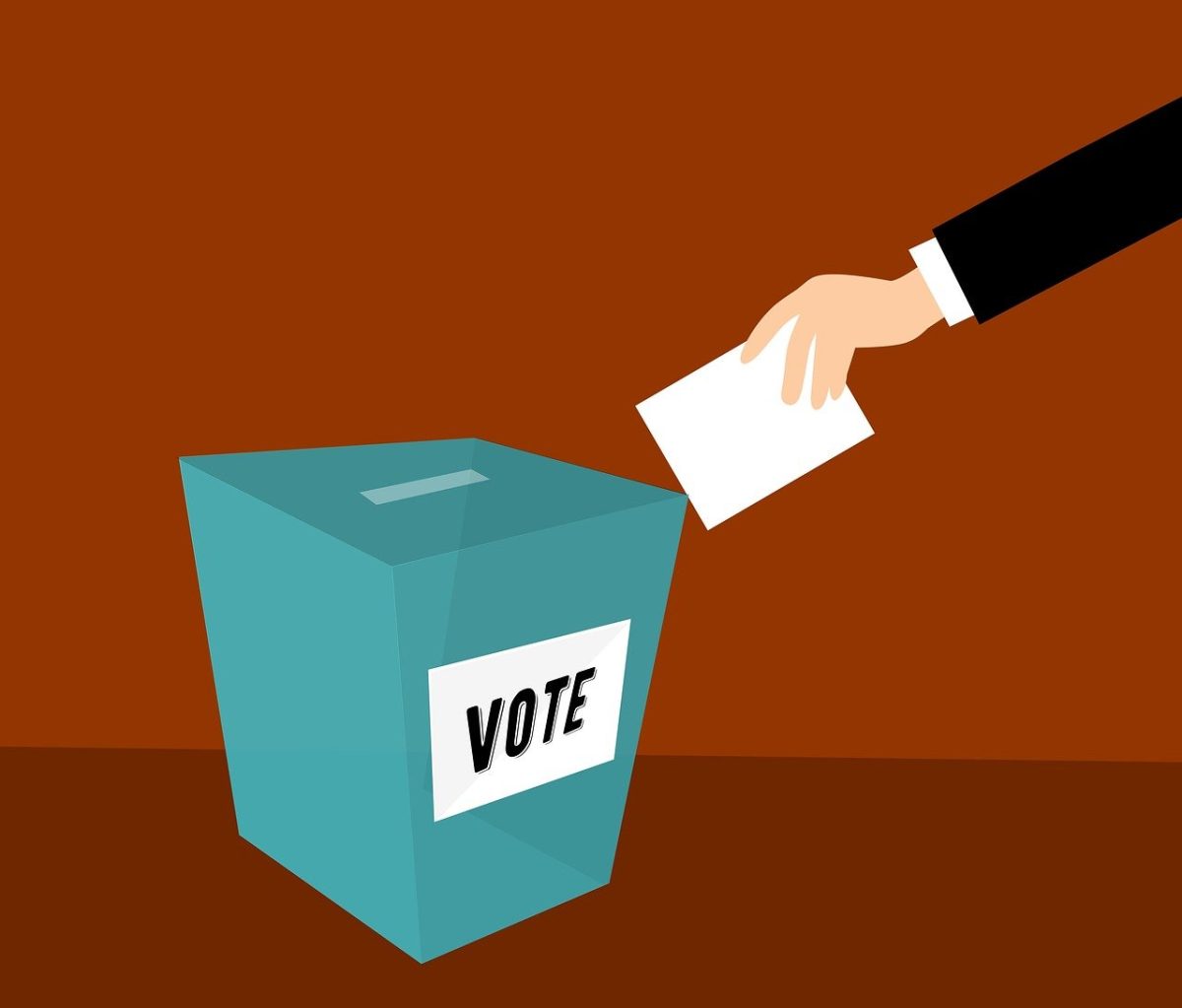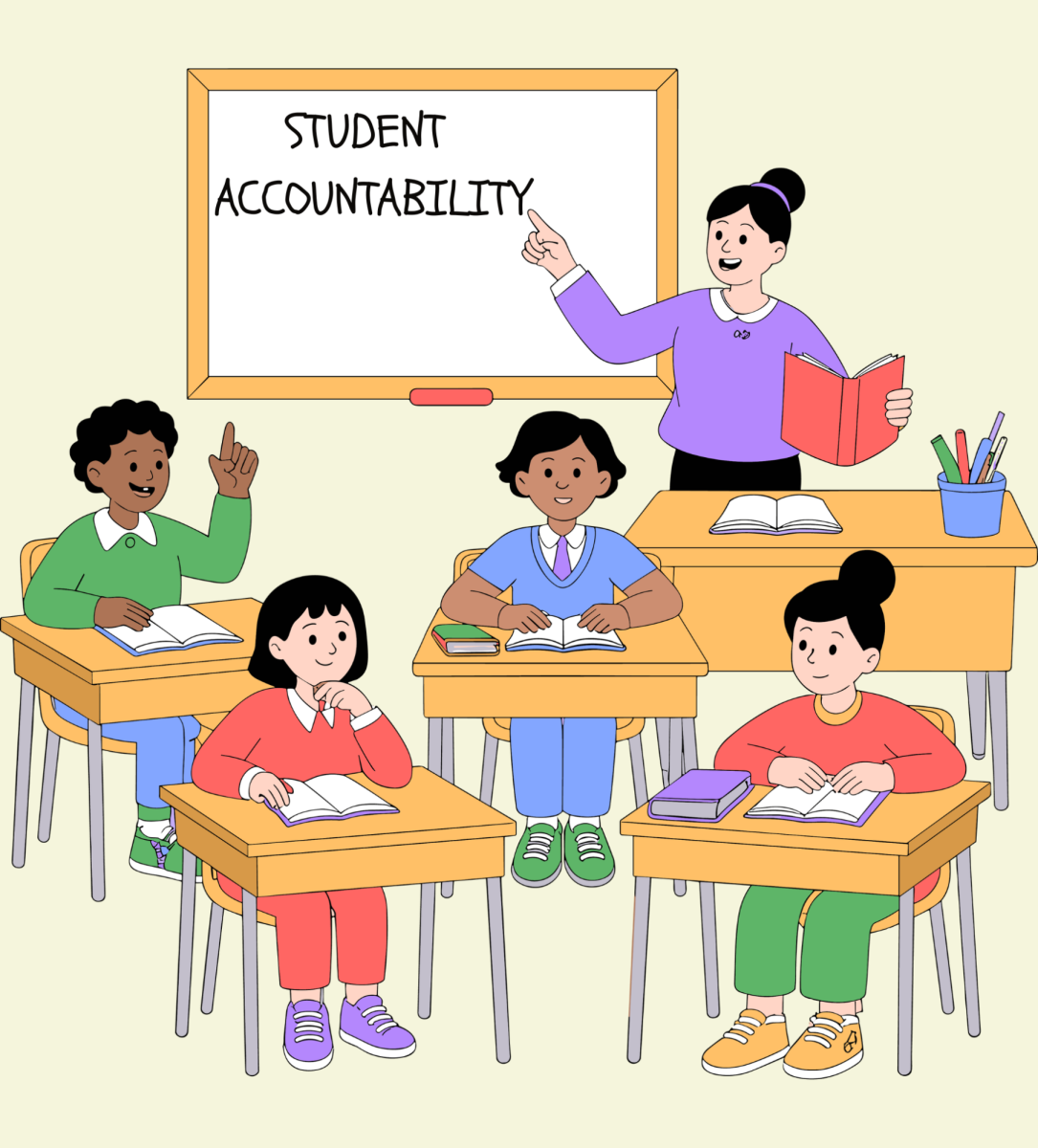Every four years, people vote as if their lives depend on it in the presidential elections. We’re hyped up and motivated to take part in an election that’s always portrayed as a moment in history.
If you buy into that, then that’s great for you. Those elections do matter, but we often get so fixated on the ballots for the grandest stage of them all and disregard those on the lower levels of government.
State and local elections matter too, but so many college students and young adults don’t care about them.
State elections already suffer from drastically lower voter turnout than federal elections, but it’s even worse in Louisiana. According to research from Tufts University, the Bayou State has some of the lowest youth-voter turnout in the nation with just over 16% of young voters showing up.
Some states have nearly double that in their elections.
There’s a lot on the primary ballot this weekend.
We’re voting for the governor, lieutenant governor, secretary of state and many more offices that might pertain to whichever town you call home.
Most of you reading this don’t know anything about most of the offices and people on the ballot, and you should do your part to change that because they affect you more than you realize.
I get it, voting for something such as the next Louisiana secretary of state doesn’t sound as flashy as giving your vote to the next round of Trump v. Biden, but these state elections are much more likely to make a difference in your life.
The stuff they handle in D.C. is a huge deal, but it’s not often that something gets done that will drastically change your daily way of life.
Yet a lot of people our age don’t see it that way. It seems like the more local the office, the less important it is. I’m the only person I know of who isn’t at least twice my age who has an inkling about voting for any race besides the governor’s race.
The problem I’ve noticed is that we think non-federal elections require too much research and independent judgment, and we’d rather leave the critical thinking to someone else.
For smaller elections, we don’t have a gang of influencers trying to convince us that their candidate of choice kisses babies and helps the elderly cross the road. We don’t have talking heads telling us that any particular candidate is the spawn of Satan and will ruin the lives of whomever they govern.
Some people hate not having that extra layer of confirmation, but I find relief in it. I vote for my favorite candidates without ever caring about what people like that think.
Most of the people on the ballot are just that; they’re ordinary people. It’s truly up to us to decide who is the best fit. That’s scary for people who want a who-to-vote-for guide.
So Google it. We have way too much tech at our fingertips to be an uneducated voter or to be ignorant of who believes in what. Finding the most ideal candidate for you should take 10 minutes at most. You can knock that out in between classes.
Even if the only resources you have are campaign websites, you can easily compare and contrast to narrow down your list.
I’ve had my mind made up for a while, but between now and Saturday, there should be plenty of time for all but the most hypercritical voters.
It’s too late to register to vote in the primary, but you still have time to register for the general election in November if you hurry.
You can even get the GeauxVote app on your phone so you have a replica ballot to refer to leading up to the big day.
Voting is not a daunting task as some would have you believe.
Take a little time to research, and you’ll be well on your way at the polls. Find the candidate you like and fill that ballot out.



